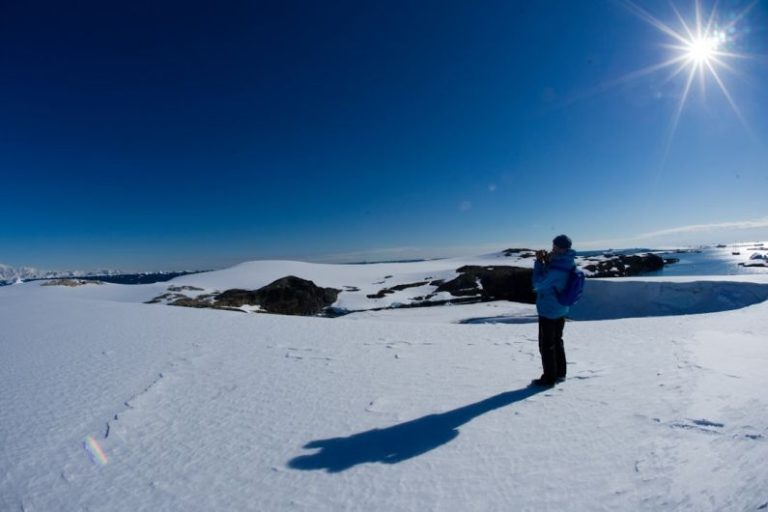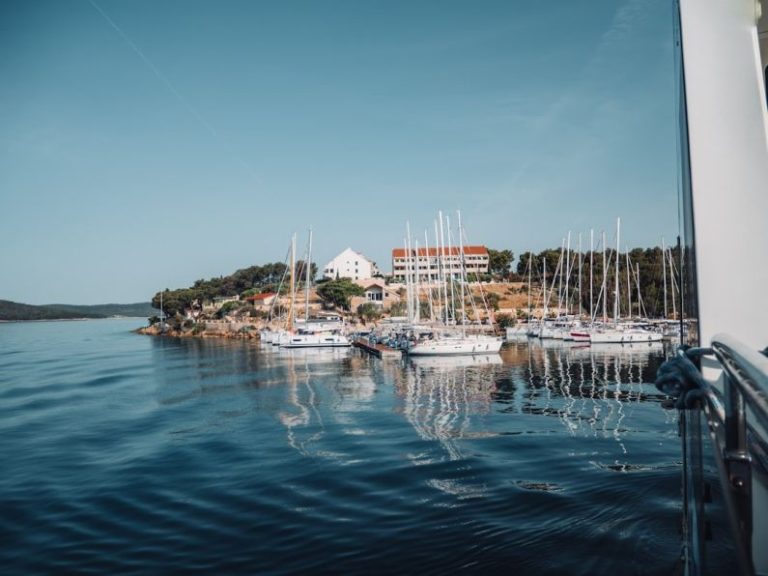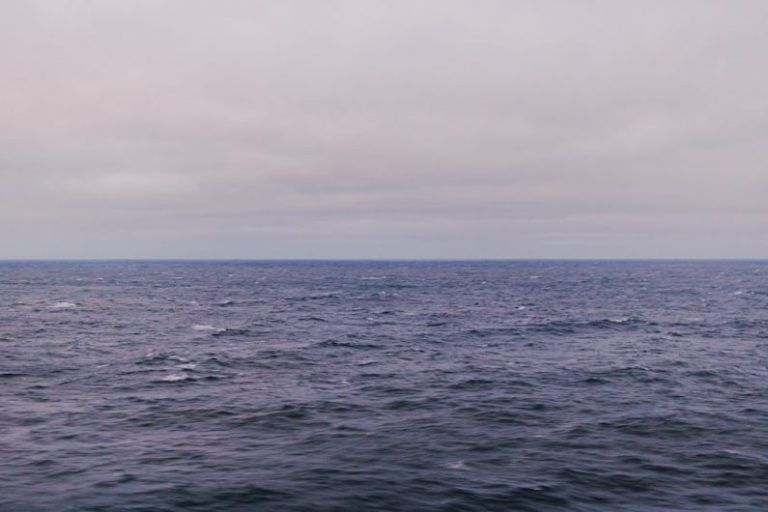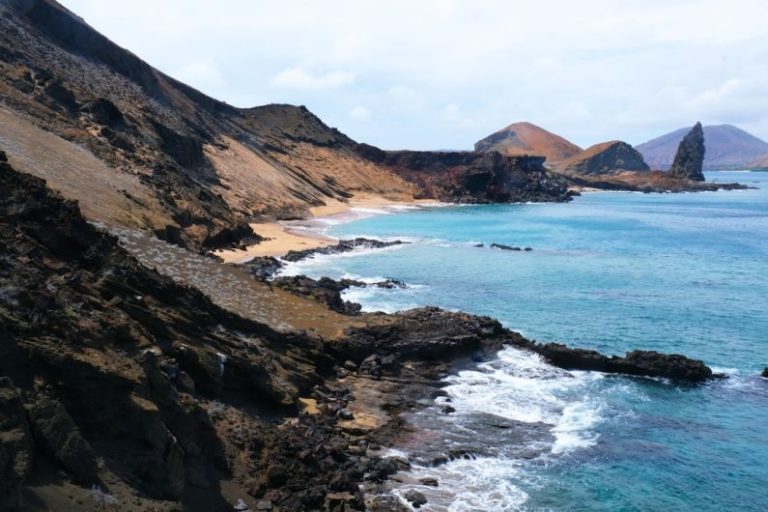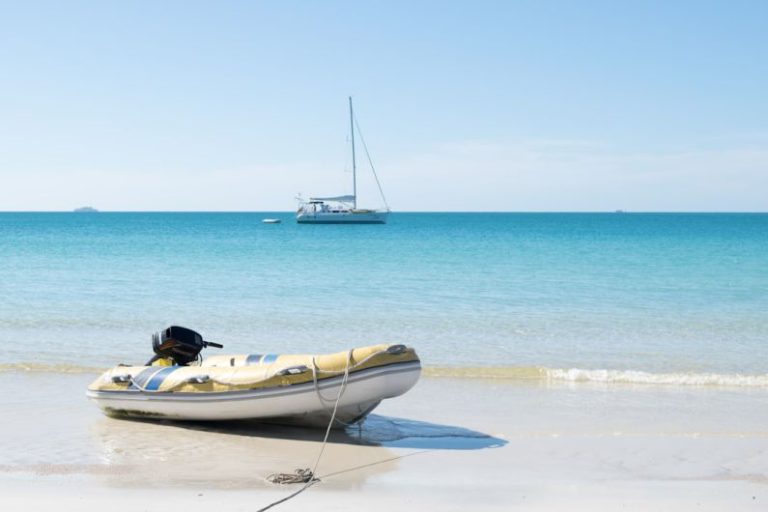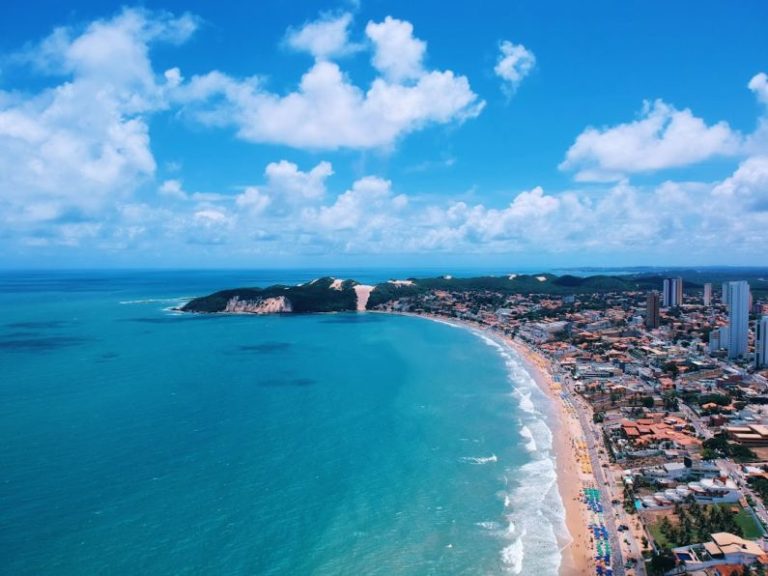Across the Atlantic: Following the Routes of Explorers
Embark on a Journey Across the Atlantic: Following the Routes of Explorers
The vastness of the Atlantic Ocean has long captured the imaginations of explorers, adventurers, and historians alike. From the early voyages of Christopher Columbus to the modern-day transatlantic flights, the Atlantic has served as both a barrier and a bridge between continents. Join us as we delve into the stories of exploration and discovery that have shaped the history of the Atlantic, tracing the routes of the brave souls who dared to venture across its waters.
Setting Sail: The Age of Exploration
The Age of Exploration, spanning the 15th to 17th centuries, marked a period of unprecedented maritime exploration and conquest. European powers such as Spain, Portugal, England, and France sought to expand their empires and trade routes, leading to a series of daring voyages across the Atlantic. Christopher Columbus’s famous journey in 1492, which resulted in the discovery of the Americas, paved the way for further expeditions and colonization efforts.
Following in the Wake of Columbus
Christopher Columbus’s voyages across the Atlantic opened up a new world of possibilities for European explorers. The route he took, from Spain to the Caribbean, became a well-traveled path for future sailors seeking to reach the riches of the Americas. The legacy of Columbus’s expeditions can still be seen today in the many cities and landmarks named in his honor, as well as in the cultural exchanges that took place between the Old World and the New.
The Triangle Trade: Exploring the Atlantic’s Economic Routes
The Atlantic Ocean played a crucial role in the development of the global economy through the Triangle Trade. This triangular trade route connected Europe, Africa, and the Americas, facilitating the exchange of goods, people, and ideas between continents. The trade of commodities such as sugar, slaves, and rum transformed the economies of the regions involved and shaped the course of history.
Navigating the High Seas: Challenges of Atlantic Crossings
Traversing the Atlantic Ocean was no easy feat for early explorers and sailors. The vast expanse of open water, unpredictable weather patterns, and treacherous currents posed significant challenges to those attempting to cross the ocean. Navigation tools such as compasses, astrolabes, and later, sextants, were essential for determining direction and position at sea.
Modern Explorations: Transatlantic Flights and Underwater Expeditions
In the modern era, technological advancements have made it possible to explore the Atlantic Ocean in new and exciting ways. Transatlantic flights have become a common mode of travel, connecting the continents in a matter of hours. Meanwhile, underwater expeditions using submersibles and remotely operated vehicles have allowed scientists to uncover the hidden depths of the Atlantic, revealing a wealth of marine life and geological wonders.
Uncovering the Mysteries of the Atlantic: Scientific Discoveries
The Atlantic Ocean remains a source of fascination for scientists and researchers seeking to unlock its secrets. From studying deep-sea ecosystems to monitoring climate change and ocean currents, ongoing scientific expeditions continue to expand our understanding of this vast and dynamic body of water. The Atlantic’s role in shaping global climate patterns and marine biodiversity underscores its importance as a key area of scientific inquiry.
Exploring the Atlantic’s Cultural Heritage: Maritime Museums and Historic Sites
The rich maritime heritage of the Atlantic Ocean is preserved in a myriad of museums and historic sites around the world. From the Maritime Museum in Lisbon, Portugal, to the National Maritime Museum in Greenwich, England, these institutions showcase the history of seafaring and exploration that has shaped the Atlantic region. Visitors can explore replica ships, maritime artifacts, and interactive exhibits that bring the stories of the past to life.
Charting a Course for the Future: Conservation and Sustainability in the Atlantic
As we look to the future, conservation and sustainability efforts are increasingly important in protecting the Atlantic Ocean and its diverse ecosystems. From reducing plastic pollution to establishing marine protected areas, initiatives aimed at preserving the health of the Atlantic are crucial for ensuring the well-being of future generations. By following in the footsteps of the explorers who came before us, we can continue to explore, protect, and appreciate the wonders of the Atlantic Ocean for years to come.
Embarking on a New Voyage: Embracing the Legacy of Atlantic Exploration
As we reflect on the history of exploration across the Atlantic, we are reminded of the courage, curiosity, and ingenuity of the individuals who dared to venture into the unknown. By following the routes of explorers past and present, we can gain a deeper appreciation for the interconnectedness of our world and the importance of preserving its natural wonders. So, set sail on your own journey of discovery across the Atlantic, and let the spirit of exploration guide you towards new horizons.

